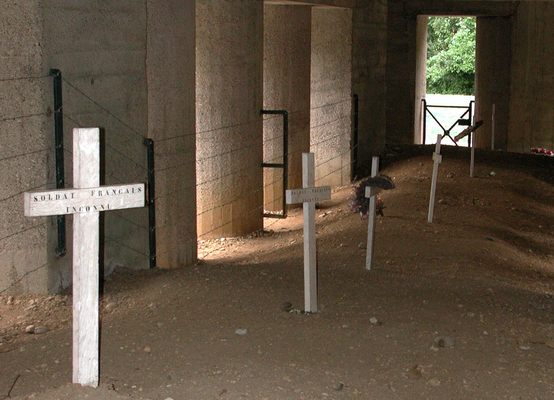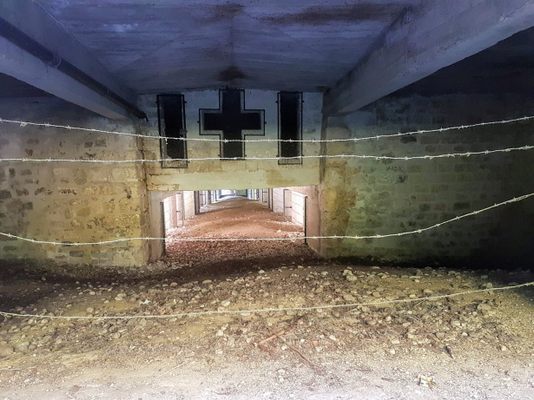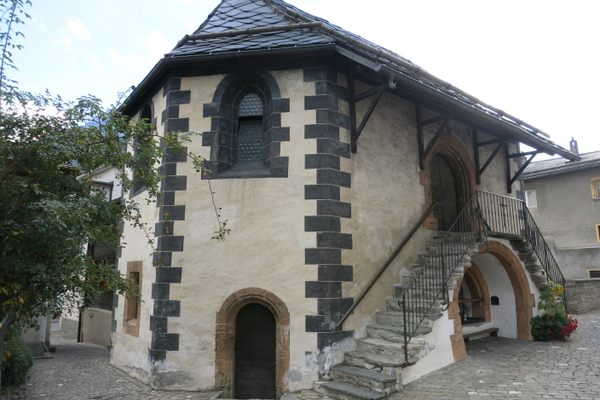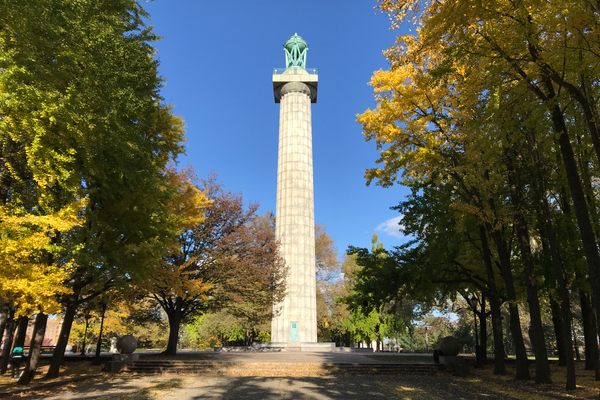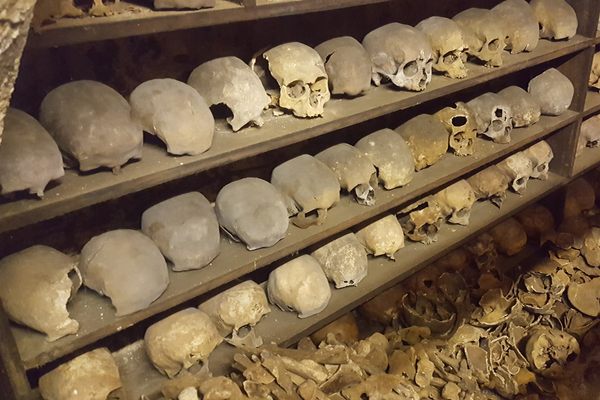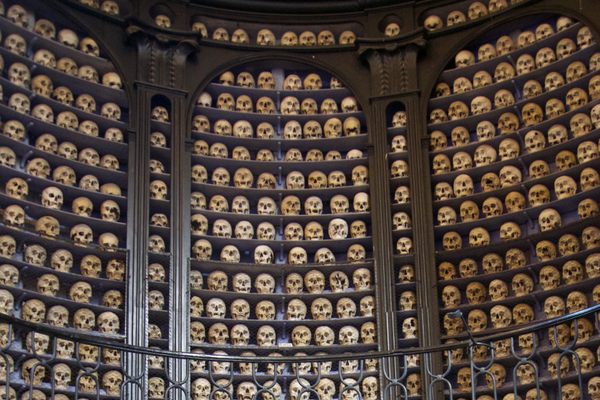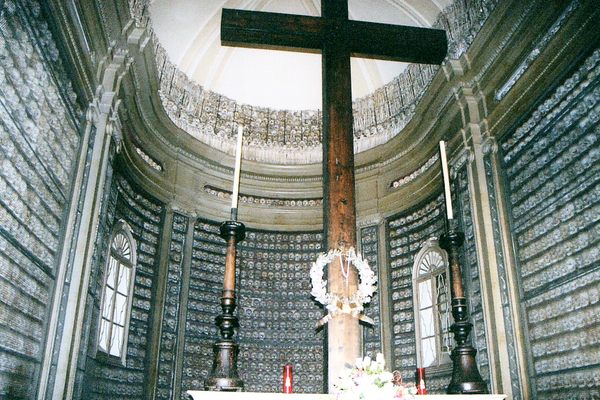About
In 1916, the nine-month battle of Verdun claimed over 300,000 lives, and left more than 300,000 wounded.
The field of battle is today marked by the Verdun Memorial. The most chilling place in this eerie landscape is by far the so-called "Trench of Bayonets."
In June 1916, this entrenched position was a part of Fort Douaumont, which the Germans desperately wanted to take. On June 12, Germans unleashed a hailstorm of iron and lead upon French positions. The attack caught the French by surprise.
The 137th Regiment of French infantry was annihilated almost to the last man. Years after the war, French teams exploring the battlefield uncovered the first clues of the horrific fate of this regiment. One of the trenches was discovered completely filled in, with only a neat line of bayonets sticking out of the ground. The bayonets were still fixed to their rifles. A body was found next to each one. Under relentless bombardment, the soldiers had been effectively buried standing up, perhaps even while they were still alive.
Or so the story goes. Today, historians believe that a great deal of myth-making influenced the eventual construction of the Trench of Bayonets monument, which was built by an American patron. In reality, it's unlikely that the soldiers were buried alive in the manner typically described by this common myth. What's indisputable is that both French and German forces lost a huge number of lives during this battle.
Related Tags
Know Before You Go
The Verdun Memorial is situated at the heart of the battlefield, approximately four kilometres from Verdun. The road signs indicate the route from Verdun city center. Follow the direction Champs de bataille 14-8 or Ossuaire de Douaumont.
Community Contributors
Added By
Published
December 13, 2009
